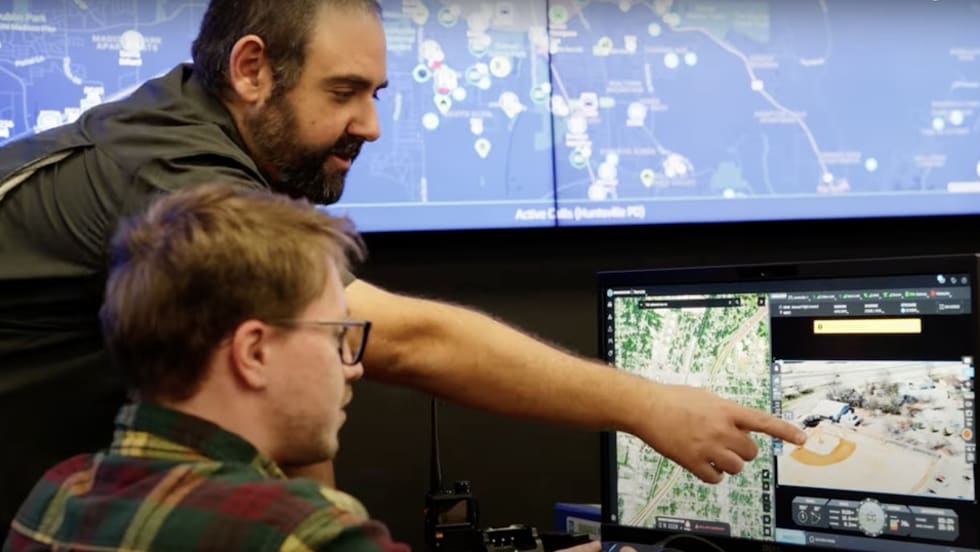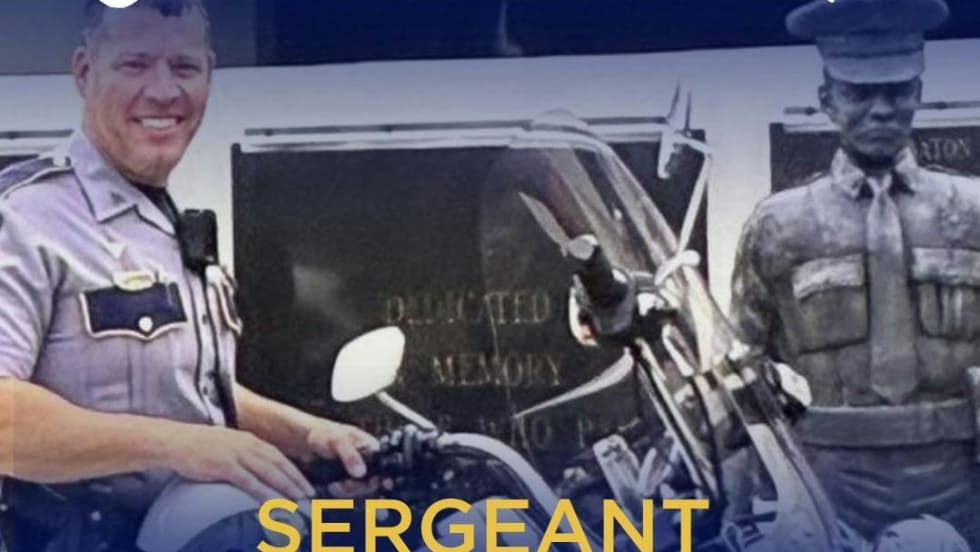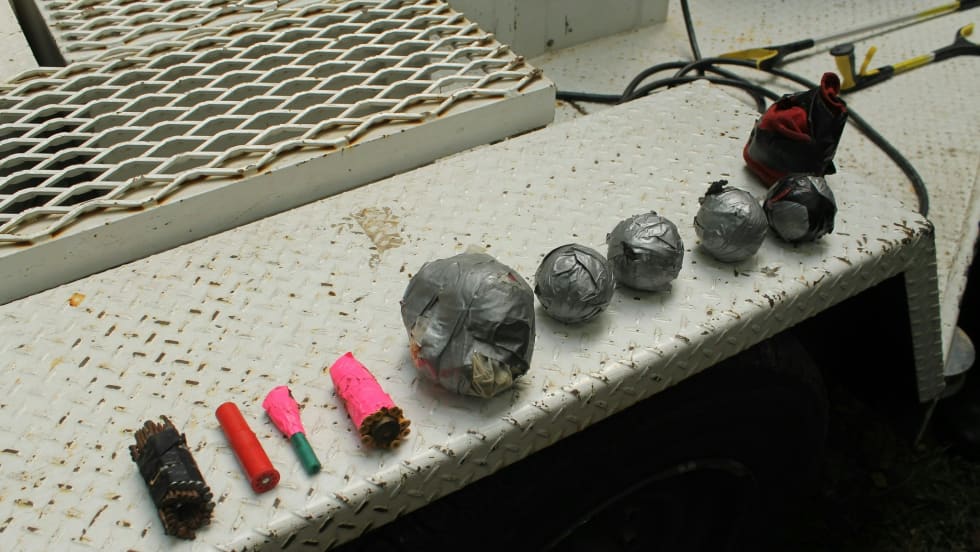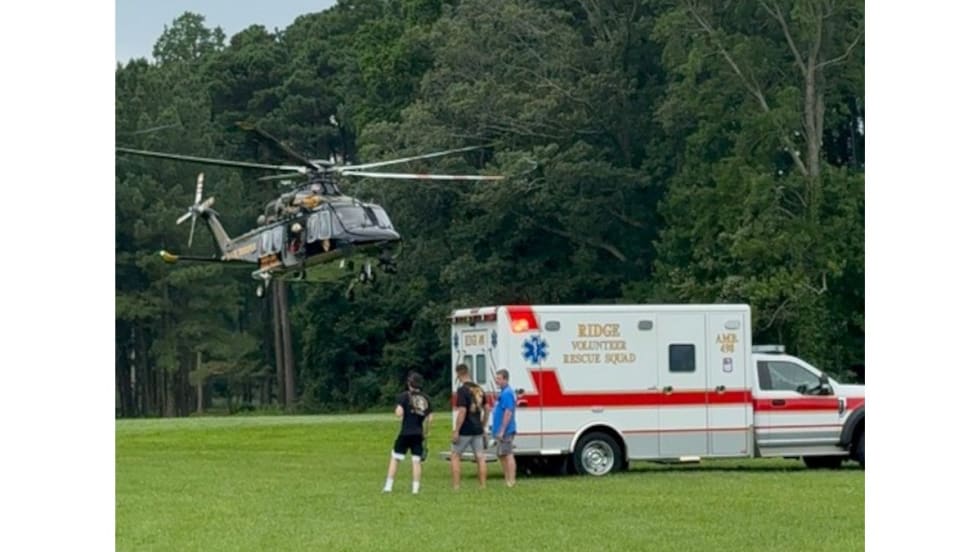Cubic Corp. will provide its advanced urban instrumentation system, including its Multiple Integrated Laser Engagement System (MILES), to a regional emergency and law enforcement training facility being built in the Chicago area, the company announced.
The contract for more than $700,000 is with College of Dupage, a 30,000-student community college in Glen Ellyn, a Chicago suburb. It operates the Suburban Law Enforcement Academy (SLEA), one of six police academies in the state. The college is in the process of constructing a 66,000-square-foot facility called the Homeland Security Training Center. It will include a 4,500-square-foot "tactical village," an indoor two-story replica of a downtown village street scene that will be used for immersive training.
Cubic will equip the facility with its Advanced System Architecture for Urban Live Training (ASAULT), consisting of cameras, speakers, smoke generators, high fidelity indoor tracking and computer systems plus sophisticated exercise control and debriefing application programs. In addition, it will supply 24 MILES Individual Weapons System (MILES IWS) kits that will be worn by trainees. Cubic's ASAULT is used for creating scenarios, gathering sensor data and controlling systems in the facility and the MILES After Action Review System (MAARS) is used to create debriefing sessions after an exercise.
"This is our first sale of ASAULT and MILES to an academy," according to Terry Kohl, vice president and general manager of Cubic Simulation Systems Division in Orlando, Fla. "We are excited to establish a good working relationship with College of Dupage and look forward to providing the realistic immersive training they are seeking."
Cubic's MILES systems use laser sensors and ballistically accurate laser transmitters mounted on actual weapons to realistically simulate gun battles and record hits and misses. They are used extensively by the U.S. and foreign military forces for combat training.
Many law enforcement training facilities use simulated munitions, which fire high-speed projectiles made of colored wax or plastic filled with paint. Trainees, however, must wear full face masks for protection. College of Dupage decided against using them in its new facility.
"Though the building design can accommodate the use of simulated munitions, we thought that the ASAULT system and MILES would be more flexible," according to Aleisha Jaeger, the college's senior project manager for facilities. "Also, we wanted to get as realistic training as possible, and that's what the Cubic system offers us."











